Publications
Articles, publications, books, tools and multimedia features from the U.S. Institute of Peace provide the latest news, analysis, research findings, practitioner guides and reports, all related to the conflict zones and issues that are at the center of the Institute’s work to prevent and reduce violent conflict.
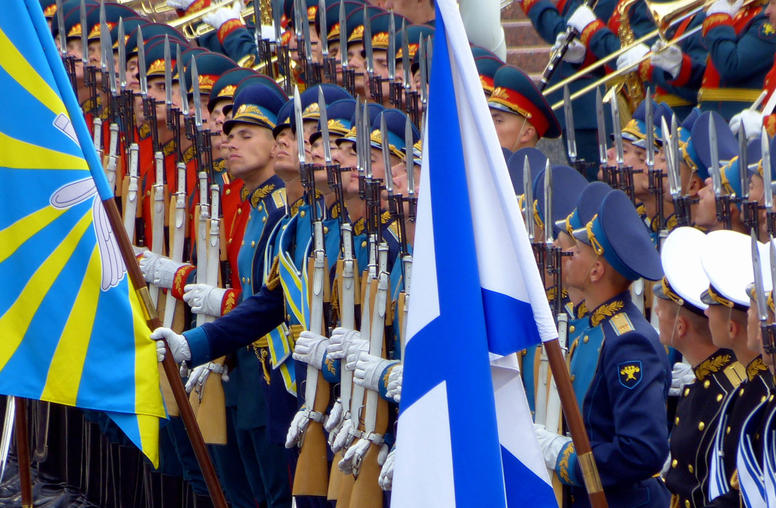
Ukraine: A Real Peace Will Require Change from Russia
The United States and its allies are seeking ways to promote a sustainable peace in Europe — one that ends Russia’s brutal assault on Ukraine and strengthens a global prohibition on such wars of aggrandizement. Tragically but realistically, Russia, like most historic imperial powers, will need to be defeated militarily before it abandons war as a means to dominate its neighbors. Any negotiated peace before such a defeat will simply let Russia rebuild its forces and renew its assault. Yet even as the West should maintain full support for Ukraine’s defense, such as the tanks much discussed this month, it should encourage negotiation toward specific goals.

Event Extra: Afghanistan’s Media Landscape Amid Taliban Rule
Ayesha Tanzeem, the director of Voice of America’s South and Central Asia Division, explains how Afghanistan’s media landscape has changed in the last year and a half, how media organizations are fighting back and what the international community can do to help protect media freedom in Afghanistan.
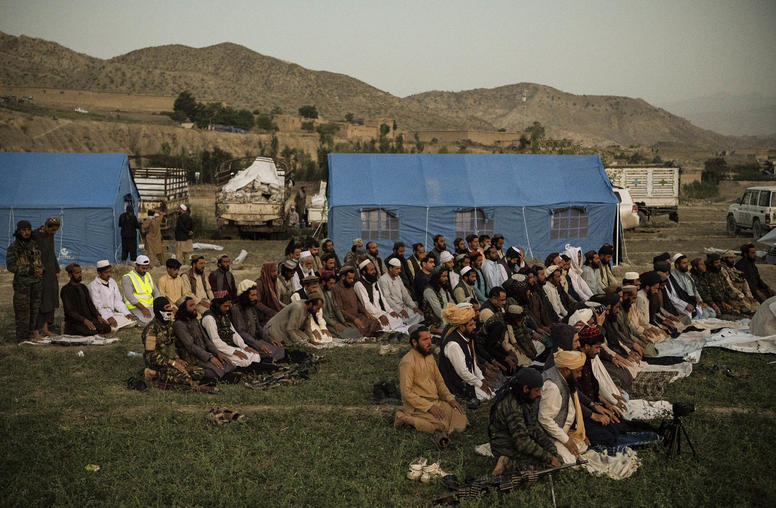
Wrestling with a Humanitarian Dilemma in Afghanistan
Recent decrees by the Taliban barring Afghan women from attending university or working in NGOs are severely damaging the country both socially and economically, especially coming atop a ban on girls’ secondary education last year. The marginalization of half the population also highlights the “humanitarian dilemma” that aid donors and international agencies face: Afghanistan is highly dependent on humanitarian assistance, not only for saving lives and easing deprivation but also to stabilize its economy. The quandary for international donors is what to do when alleviating suffering benefits the Afghan economy and thereby the Taliban regime, even when that regime is harming its own people?
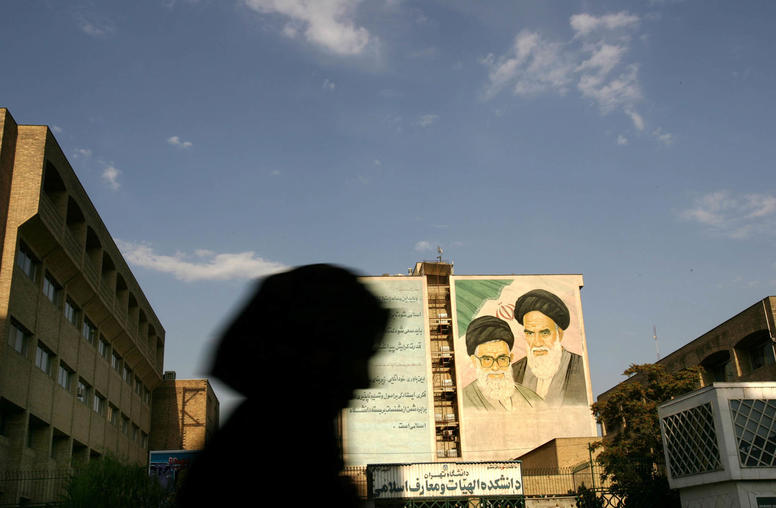
Whither Iran on the Revolution’s Anniversary?
Iran marks the anniversary of the Islamic revolution in February amid increasingly existential challenges at home and in relations with the outside world. Four months of nationwide protests — triggered by the death of 22-year-old Mahsa Amini in September 2022 — reflected deepening discontent among Iran’s Gen Z. Young women on streets and at schools abandoned the headscarves required by law, as shouts of “woman, life, freedom” and “death to the dictator” echoed across campus grounds. The protests were a brazen rejection of Supreme Leader Ayatollah Ali Khamenei and, more broadly, the theocracy’s basic belief that god’s law supersedes human laws. The scope of fury was reflected on October 8, when female students at Al Zahra University in Tehran shouted “Clerics, get lost” during a visit by President Ebrahim Raisi.
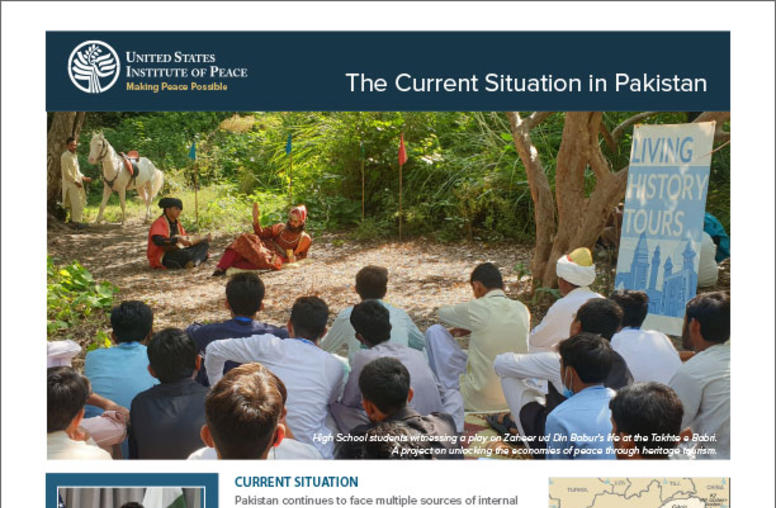
The Current Situation in Pakistan
Pakistan continues to face multiple sources of internal and external conflict. Extremism and intolerance of diversity and dissent have grown, fuelled by a narrow vision of Pakistan’s national identity, and are threatening the country’s prospects for social cohesion and stability.
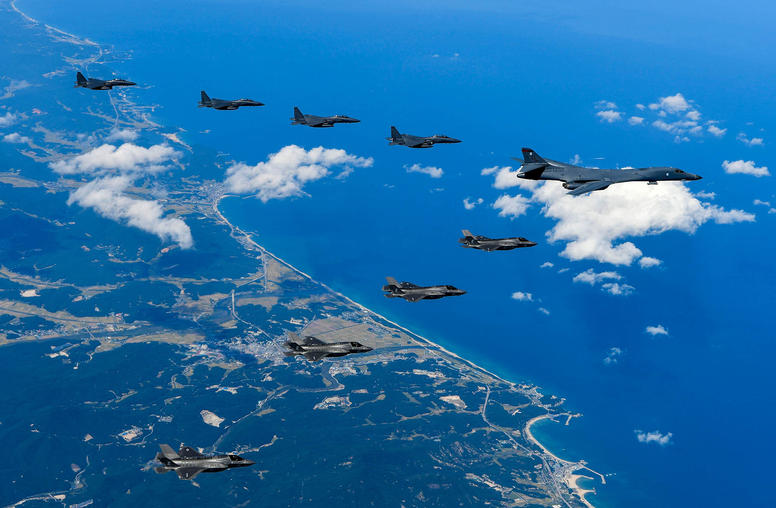
North Korean Arms Control Doesn’t Have to Conflict with Disarmament
There is a tension between limiting North Korea’s nuclear weapons program and pursuing the goal of a denuclearized Korean peninsula. To emphasize the former — through arms control and risk-reduction measures — can seem at times like a repudiation of the latter. Conversely, a focus on disarmament — still the core of U.S. policy — can seem outright fanciful given North Korea’s stunning technological advances. In North Korea, the United States faces a nuclear-armed state whose capabilities continue to expand despite international opposition and extensive economic sanctions. Disarmament simply isn’t in the cards right now.

Honduras Makes Progress in Tamping Violence — But at What Cost?
“Historic reduction in the homicide rate,” the Honduran government tweeted in a thread celebrating security achievements during President Xiomara Castro’s first year in office. The country’s official rate of 36 murders per 100,000 people in 2022 (down six points from 2021) still places Honduras among Latin America’s — and the world’s — most violent countries. But it represents clear progress since the early 2010s, when the impoverished Central American country seemed caught in a spiral of violence linked to street gangs and drug traffickers, with rates topping 85 murders per 100,000.
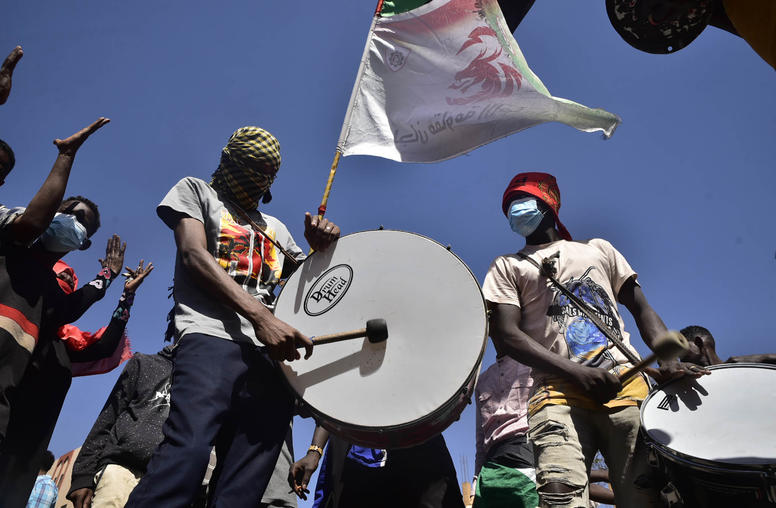
Youth Activism: Balancing Risk and Reward
A striking feature of many successful nonviolent action campaigns is the outsized presence of young people, especially on the front lines. Recent history is replete with examples — mass movements in Iran, Hong Kong, Sudan, Lebanon, Algeria and others have all drawn strength from major swells of determined youth mobilization.
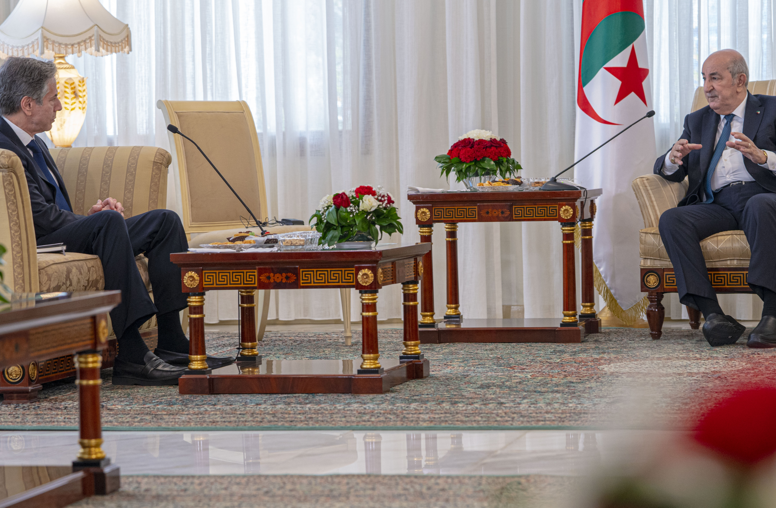
A Newly Assertive Algeria Seizes an Opportunity
For decades, Algeria has eschewed participation in international affairs. As a member of the non-aligned movement, the country has been described as “anti-Western,” “anti-capitalist,” and “insular.” Privately, American diplomats describe the government as one of the region’s most challenging to penetrate and understand. But over the last two years, there have been signs that Algeria is changing and starting to flex its economic and political muscles, which has accelerated in the wake of the war in Ukraine, with Algeria capitalizing on opportunities created by changes to global energy markets. Algeria has also increasingly asserted itself in the African Union and Arab League, stepped up its lobbying efforts in foreign capitals and is deepening ties with Beijing. But is Algeria ready for the responsibility that accompanies the role it is positioning to play?

Honduras progresa en controlar la violencia, ¿es posible hacerlo de forma sostenible?
“Reducción histórica en la tasa de homicidios”, tuiteó el gobierno hondureño en un hilo celebrando los logros en materia de seguridad durante el primer año en el cargo de la presidenta Xiomara Castro. La tasa oficial del país de 36 asesinatos por cada 100.000 habitantes en 2022 (seis puntos menos que en 2021) mantiene a Honduras entre los países más violentos de América Latina y del mundo. Pero representa un claro avance desde principios de la década de 2010, cuando el empobrecido país centroamericano parecía atrapado en una espiral de violencia vinculada a las pandillas callejeras y al narcotráfico, con tasas que superaban los 85 asesinatos por cada 100.000 habitantes.